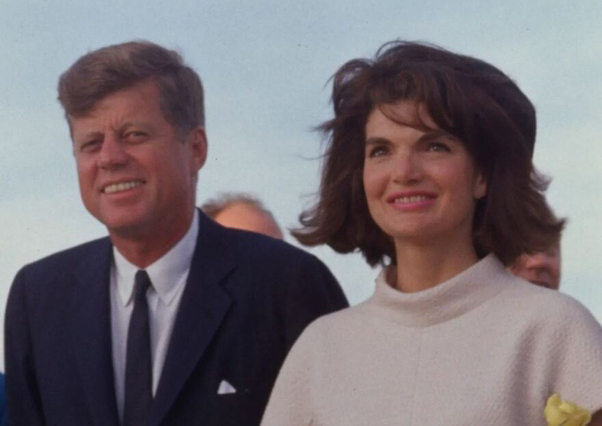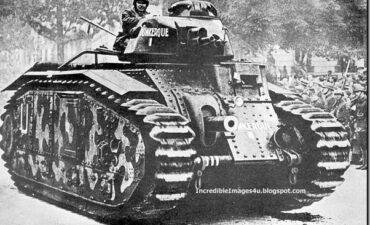How was John F. Kennedy was considered by the public during his presidency? John F. Kennedy, the 35th President of the United States, served from 1961 until his assassination in 1963.His presidency was marked by a mix of admiration and criticism, reflecting a complex and evolving public perception.
Positive Perceptions
Charisma and Public Image:
Kennedy was known for his charisma, good looks, and eloquent speaking style, which earned him a strong following. He and his wife, Jacqueline Kennedy, were seen as a young, glamorous couple, often compared to royalty. This created a positive image, particularly among younger Americans.
Progressive Vision:
Kennedy’s advocacy for civil rights, his call for Americans to embrace the “New Frontier” of social progress and space exploration, and his commitment to public service through initiatives like the Peace Corps were well-received by many. His famous challenge to put a man on the moon by the end of the decade inspired a sense of national purpose and pride.
Leadership During Crises:
His handling of the Cuban Missile Crisis in 1962, where he successfully navigated the U.S. through a tense standoff with the Soviet Union, was generally seen as a testament to his leadership. The peaceful resolution of this crisis was viewed as a significant achievement and bolstered his reputation.
Criticisms and Challenges
Cold War and Foreign Policy:
While Kennedy’s stance against communism was popular among many Americans, others criticized his aggressive Cold War policies. The Bay of Pigs invasion, an unsuccessful attempt to overthrow the Cuban government, was a major blunder early in his presidency and led to widespread criticism.
Civil Rights:
Although Kennedy supported civil rights legislation, many activists and leaders in the movement felt he was too slow to act and more concerned with political consequences than with making significant progress on racial justice.
Domestic Policies:
Some conservative critics viewed Kennedy’s domestic policies, particularly his economic initiatives and support for social welfare programs, as too liberal or socialist.
Overall, John F. Kennedy’s presidency was seen as a time of great promise and potential, cut short by his tragic assassination. Public opinion polls from the time show that he was generally well-liked, with approval ratings often exceeding 60%. His death elevated his legacy, making him a symbol of a lost, hopeful era in American history.








